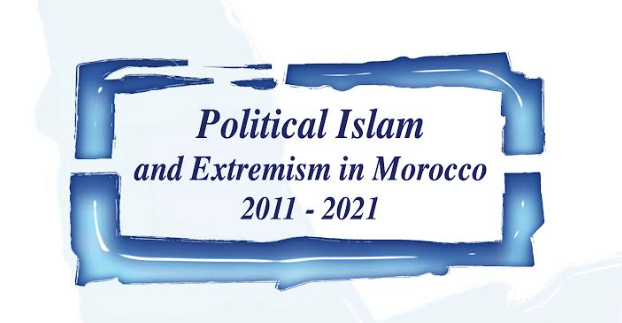Al-Mesbar’s 106th monthly book examines the current climate in Turkey following the recent parliamentary elections. It asks how the election results will effect the status of political Islam, together with other important issues in Turkey, including the ruling AKP’s handling of religious minorities, its inscrutable stances on the Kurdish and Armenian questions, the shifting political role of the Turkish military, the Bektashi order, and the relationship between Wahhabism and Ankara.
The course of events over the past few years has given cause to assert that Turkish “moderate Islamist” political elements, while espousing the values of modernity, democracy, and secularism, appeared to have a different set of priorities: The AKP has emerged as a sponsor of extreme Islamist movements in Syria, Iraq, Palestine, Egypt, and other countries in the region. Turkey is also home to many members of the international Muslim Brotherhood organization.
The recent elections unveiled the struggles which face the AKP as a result of the shifts in Turkish politics. Present political forecasts differ, and include the possibility of a reassertion of political power by the Turkish military, out fear of the erosion of Turkish national identity. The Turkish military is the second largest in NATO — second only to the American armed forces — with 670,000 soldiers. Its $18 billion budget also makes it the 15th largest financially.
Results of the last election can be described as unclear. Not since 2002 has the situation emerged in which no party was able to form a majority government. Ankara now witnesses many discussions and maneuvers ahead of a new round of elections, now inevitable given the AKP’s failure to form a government. There is also political uncertainty about the true extent of the popular decline of the AKP. Contributors to this volume share differing analyses, together offering a well-rounded picture of the situation. There is a tendency among contributors to view Erdogan’s domination of Turkey as significantly challenged by the last elections, with doors now opening for a new political equation.
One the most significant effects of the political crisis is Turkey’s stance on ISIS. The powerful pro-Brotherhood strand in Turkish politics has been accepting of the return of Turkish “jihadists” from the fight in Syria and Iraq. But since the elections, Turkey has become a sworn enemy of ISIS.
Another political crisis facing Erdogan is the breach of the ceasefire between Ankara and the Kurdish PKK party. Erdogan had previously adopted a “peaceful approach” toward the party, making a series of promises of political empowerment to its leader, Abdullah Ocalan, which in retrospect were largely unmet. Erdogan appears to believe that confronting the Kurds will assure him electoral votes by playing the “fear factor” card with Turkish voters — and presenting the AKP as a stabilizing force in a volatile situation.
In the light of regional shifts and political uncertainty in Turkey under AKP rule, the question arises as to the role of the Turkish army, long sworn to protect the ethos of secularism in the country. Some experts in Turkish affairs believe Erdogan has succeeded in altering the dogma of the armed forces, while also enacting constitutional and legal amendments which decrease military interference in affairs of state. Numerous senior officers have been prosecuted on accusations of conspiring to organize a coup against the elected government, with dozens imprisoned as a result. Others suggest that the increasing struggles against ISIS and the Kurds will eventually push the military to resume its political role, despairing of prospects for secularly-minded political elites to fill in the void left by the military’s departure of politics.
Turkey is on the verge of a new phase in its political history, with a new confluence of factors poised to affect Ankara’s relations with Islamist organizations and movements in Arab states.
These issues, explored in this month’s book provide the necessary background for an observer to understand the impending changes in Turkey. The studies address important overlapping issues on both regional and international levels, especially those relating to the Kurds, the PKK, Alawites, Armenians, the ambiguous stance on the Armenian genocide and displacement in Syria, and finally, Turkey’s participation in the US-led coalition against ISIS. Turkey’s borders have become a safe passageway for Jihadist groups to enter Syria and join ISIS and Jabhat al-Nusra.
The Center would like to extend its gratitude to all the experts who participated in this book, with a special thanks to our colleague Omar Albasheer Alturabi, who coordinated the volume.
Editor in Chief
October, 2015










